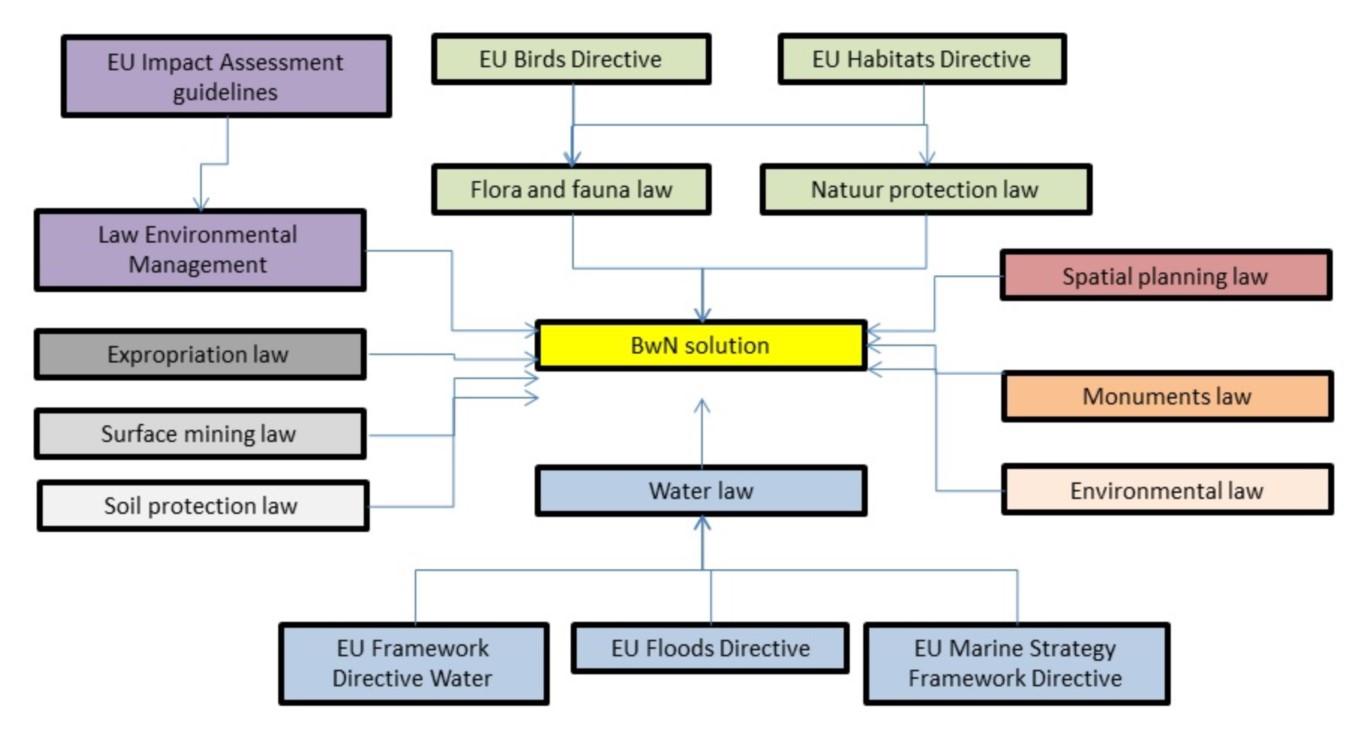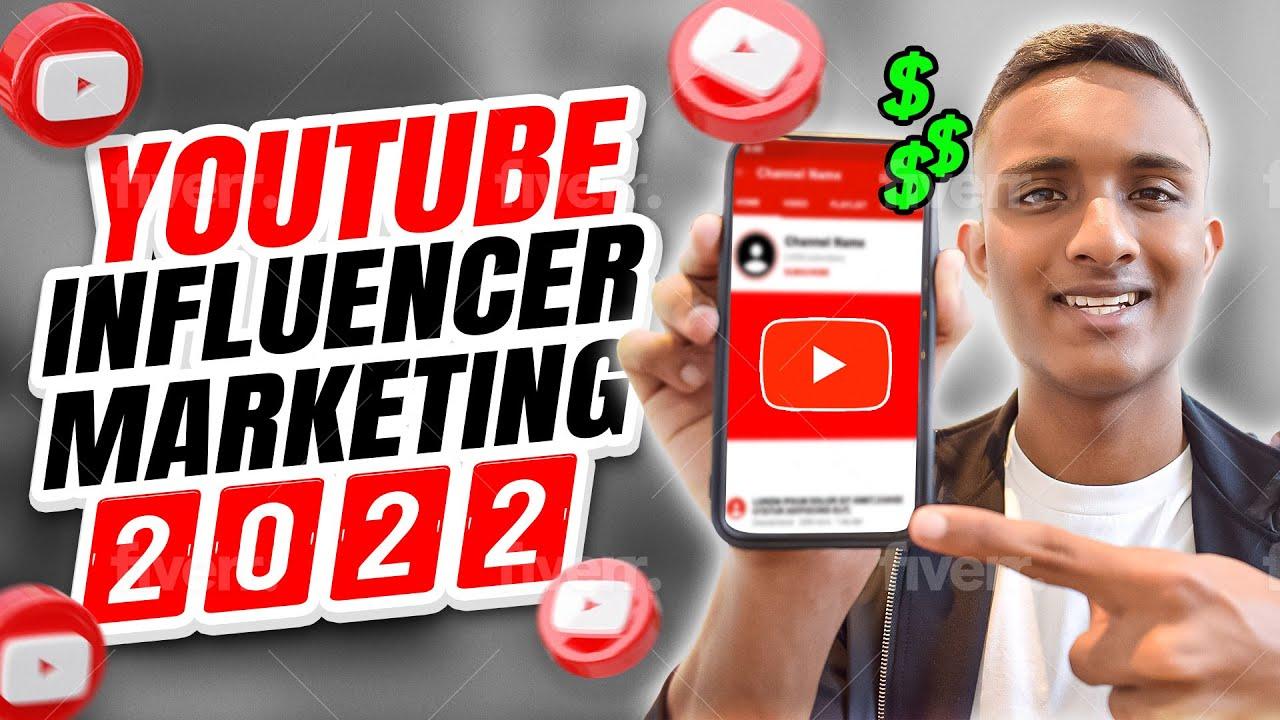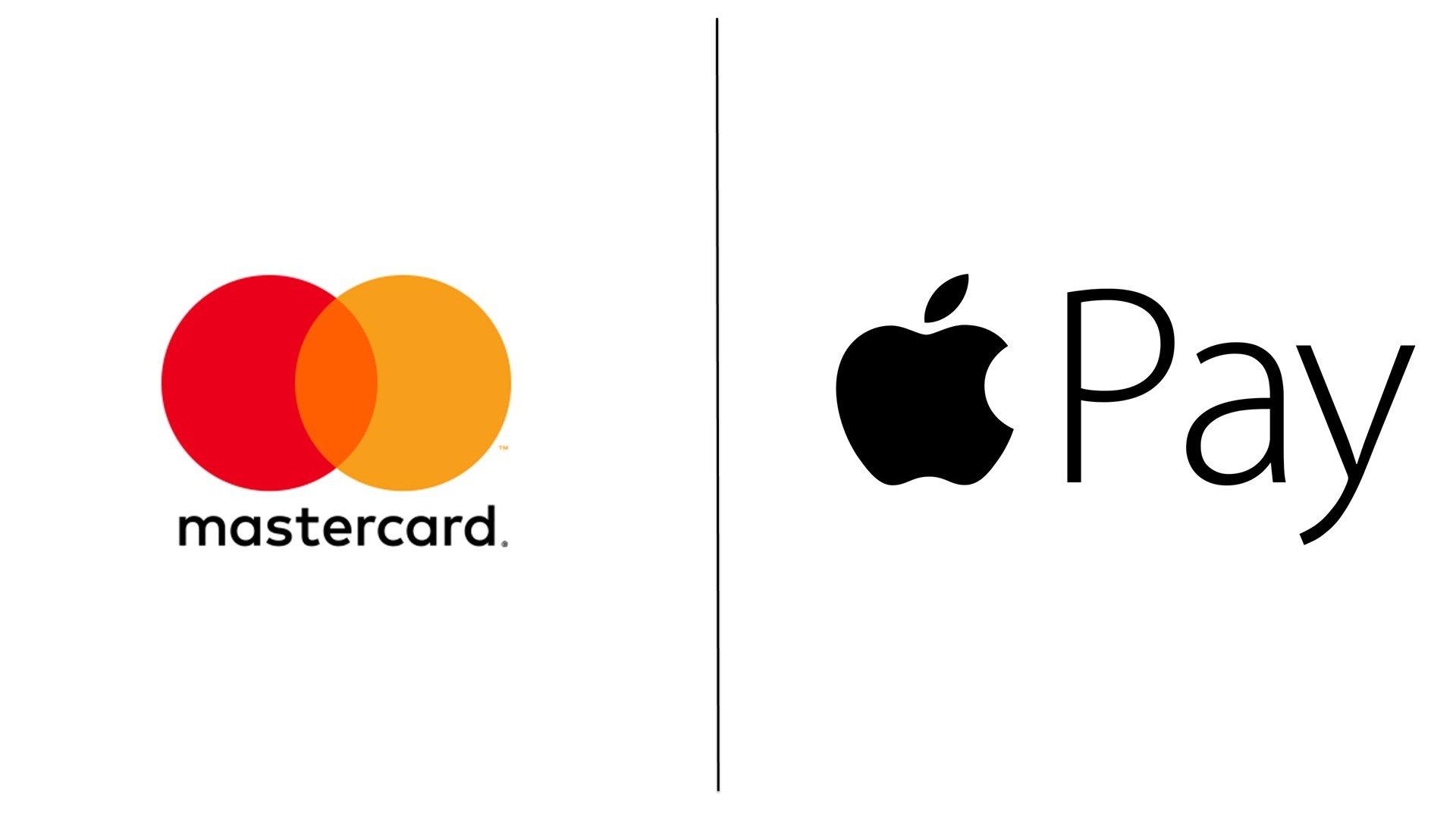
In the dynamic realm of digital marketing, few avenues have proven as potent as influencer marketing on platforms like YouTube.Wiht millions of content creators vying for attention, brands are increasingly leveraging the trusted voices of these influencers to reach their target audiences. Yet, as this landscape grows, so too dose the complexity of the legal frameworks that govern it.Understanding the fine print is not just advisable—it’s essential. In “Unpacking the Law: YouTube Influencer Marketing Essentials,” we will navigate the intricate legal terrain that influencers and brands must traverse. From FTC guidelines to copyright considerations, we’ll break down the key legal principles that can make or break a marketing campaign. Whether you’re a budding influencer, a seasoned marketer, or simply curious about the behind-the-scenes workings of online promotion, this exploration will equip you with the knowledge to thrive in this exciting, yet regulated, frontier of digital marketing. Join us as we demystify the laws shaping the future of influencer collaboration on YouTube,ensuring that both creativity and compliance can coexist in this vibrant ecosystem.
Understanding Regulatory Frameworks for Influencer Marketing
In the digital landscape, influencer marketing operates within a complex regulatory framework designed to protect consumers and ensure transparency. Marketers and influencers must be aware of guidelines set forth by authoritative bodies, primarily the Federal Trade Commission (FTC) in the United States. These guidelines mandate that any paid partnerships or sponsored content must be disclosed clearly to avoid misleading audiences. In this very way, influencers are encouraged to use hashtags such as #ad or #sponsored in their content to signify that the material is sponsored. Failure to comply with these regulations can result in significant penalties, including fines and reputational damage.
To navigate this regulatory landscape effectively, both influencers and brands should implement best practices tailored to their marketing strategies. Regular training and workshops on ethical advertising can foster an understanding of legal obligations, while maintaining a transparent approach can enhance the trust between influencers and their audiences. Here are some essential considerations for compliance:
- Clear Disclosures: Always ensure that disclosures are unambiguous and positioned prominently within the content.
- Authenticity: Only collaborate with brands that align with the influencer’s personal brand to maintain credibility.
- Regular Updates: Stay informed about changes in regulations and adapt strategies accordingly.
- Documentation: Keep records of all agreements and communications related to sponsored content.

Navigating Disclosure Requirements in YouTube Content
Understanding the intricacies of legal compliance in influencer marketing is crucial for YouTube creators.As the Federal Trade Commission (FTC) mandates transparency in sponsored content, influencers must ensure their audience is aware when a video is sponsored or contains affiliate links. this not only builds trust with viewers but also reduces the risk of potential legal repercussions. To maintain clarity,consider using some of these strategies in your videos:
- Clear Labels: Use on-screen text to indicate sponsorship clearly at the beginning of your video.
- Verbal Disclosures: Mention the sponsorship verbally in the video to reinforce the message.
- Hashtags: Utilize tags like #ad or #sponsored in the video description to signal your content’s promotional nature.
Moreover, keeping abreast of state laws and specific platform policies is equally essential. Not all regions treat disclosures the same, and YouTube has its own set of community guidelines that complement those set by the FTC. Create a checklist to help you ensure compliance, which can include:
| Checkpoints for Compliance |
|---|
| Are all sponsored content disclosures prominently placed? |
| Is your language clear and easily understandable? |
| Do you regularly update disclosures in accordance with new regulations? |

Crafting Contracts: Essential Elements for Influencer Collaborations
When delving into influencer collaborations, drafting a contract that encapsulates all essential elements is crucial for both parties. An effective influencer contract should outline the specific scope of work, detailing what is expected from the influencer in their promotional efforts. This clarity ensures there are no misunderstandings regarding deliverables, whether it be a dedicated video, an Instagram post, or a series of stories. Additionally, it should define the duration of the collaboration, ensuring both parties no the start and end dates of their agreement.
Financial agreements must also be clearly articulated. Vital aspects include the compensation structure, whether it’s fixed payments, commissions, or product exchanges. Furthermore, specifying the usage rights for any content created is vital to avoid future disputes over ownership and licensing. Lastly, don’t forget to include a termination clause, allowing either party to exit the agreement under specific circumstances without incurring penalties. These foundational components pave the way for a triumphant partnership, fostering trust and professionalism.

Mitigating Legal Risks: Best Practices for Brand Partnerships
In the dynamic landscape of influencer marketing, ensuring compliance with legal standards is crucial for maintaining brand integrity and avoiding potential pitfalls. To mitigate legal risks when partnering with influencers, brands should establish clear contractual agreements that outline key expectations. These agreements should include provisions for disclosure requirements, copyright ownership, and content usage rights. Moreover, it is essential to educate influencers on the significance of transparency in their promotions, ensuring that all sponsored content is clearly identified. Consistent monitoring of influencer content can definitely help identify any deviations from agreed-upon guidelines.
The effective management of partnerships can also benefit from creating a robust system for compliance checks and ongoing training. Implementing a checklist can streamline the process and ensure that all parties are aligned. Consider the following elements in your compliance strategy:
| Compliance Check List | Frequency |
|---|---|
| Review of Contractual Terms | Before Campaign Launch |
| Monitoring of Content for Compliance | Weekly |
| Disclosure Reviews | As Needed |
| Training Sessions with Influencers | Quarterly |
Incorporating these practices not only helps in adhering to legal guidelines but also strengthens the trust between brands and influencers, paving the way for fruitful and long-lasting partnerships.
Final Thoughts
As we navigate the intricate landscape of YouTube influencer marketing, it becomes clear that understanding the legal frameworks that govern this dynamic field is essential for both brands and creators alike. By unpacking the law, we empower ourselves to forge authentic partnerships that not only resonate with audiences but also comply with regulations designed to foster transparency and integrity.
Whether you are a budding influencer, a seasoned marketer, or a brand looking to harness the power of visual storytelling, keeping these essentials in mind will serve as your compass in this fast-evolving terrain. With knowledge as your ally, you can create impactful content that engages viewers while honoring the guidelines that protect all parties involved.
As we conclude our exploration of these critical elements, let us remind ourselves that the heart of influencer marketing lies not just in numbers and reach, but in the authentic connections forged with audiences. Equip yourself with the legal insights we’ve discussed, and embark on your influencer journey with confidence, creativity, and compliance.The future of YouTube marketing is bright—let’s navigate it responsibly.